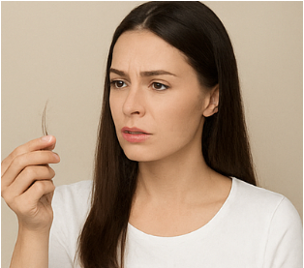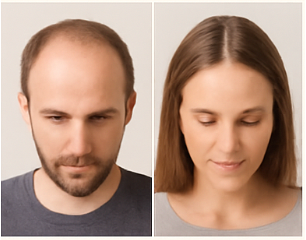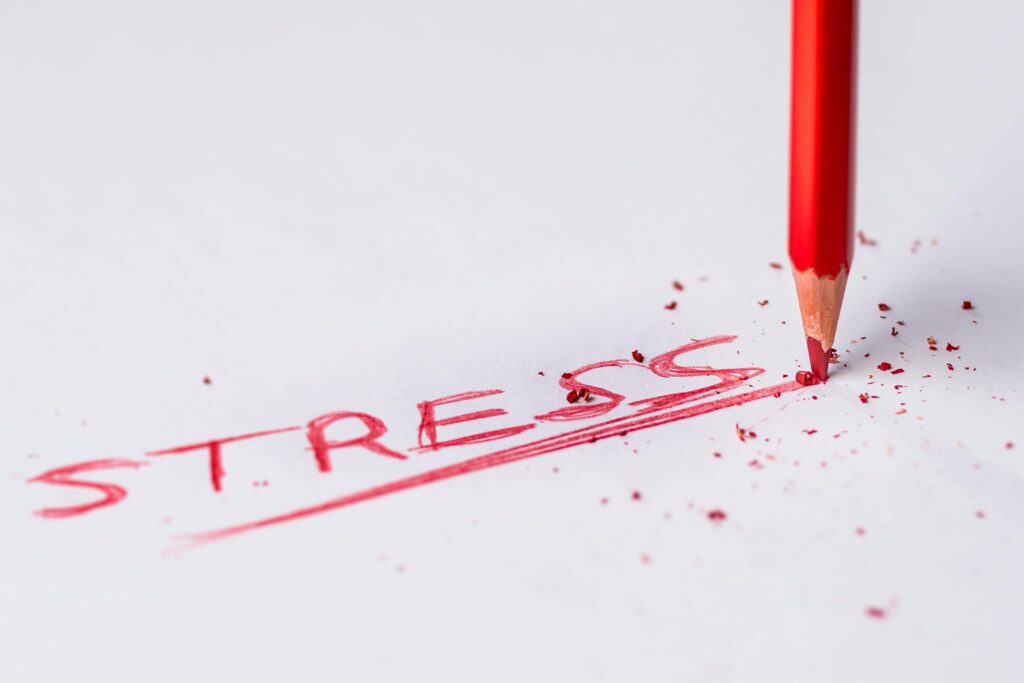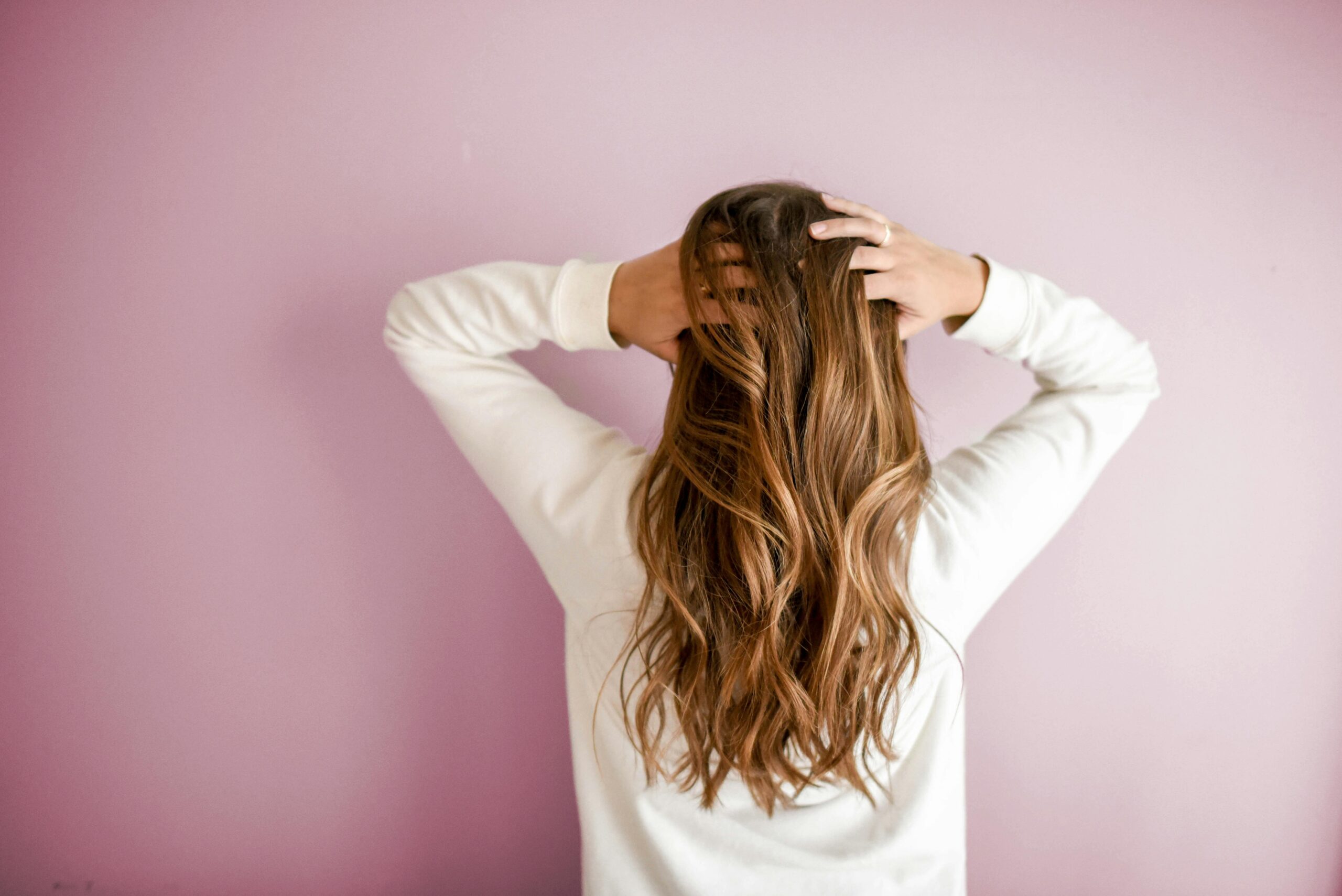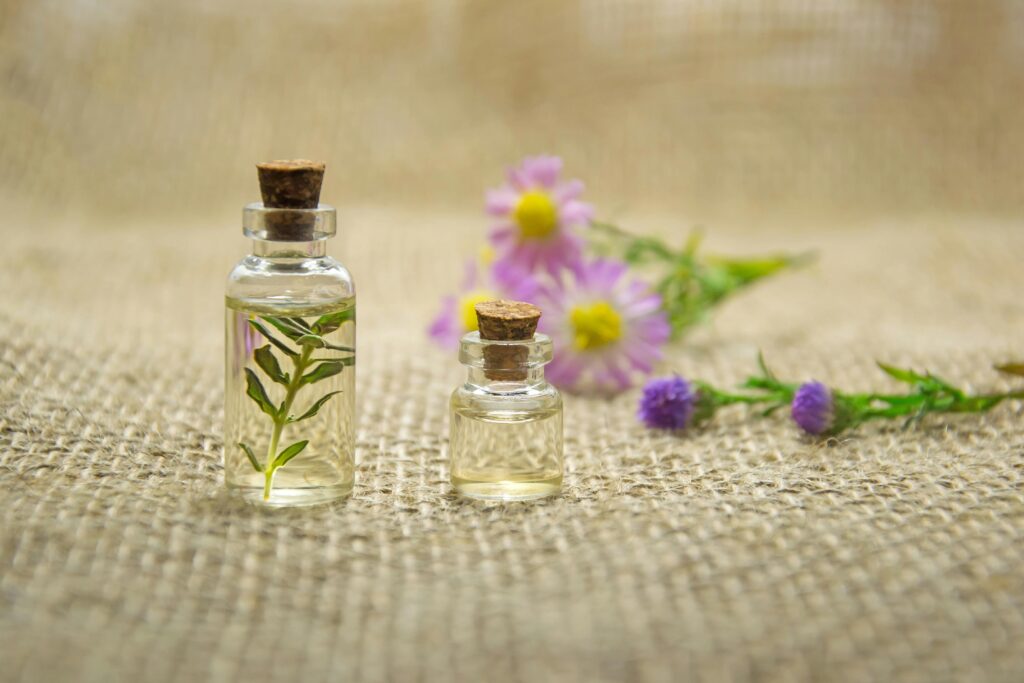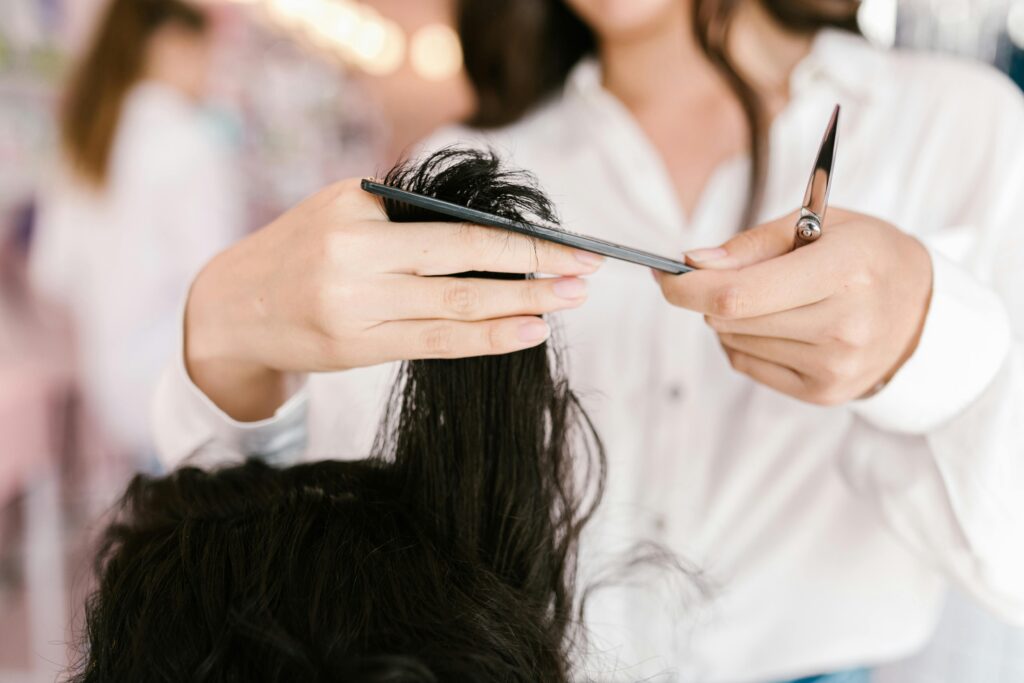

Stress and Hair Loss: Natural Ways to Protect Your Hair
Many people suffer from hair loss in silence, particularly when things are stressful. Your hair may become weaker and more vulnerable to shedding due to long workdays, personal difficulties, or mental weariness. Stress is one of the most overlooked causes of hair loss, even though most people link it to hormones or genetics.
What’s good? You can prevent additional hair loss and even promote regrowth once you understand how stress affects your hair and take action to manage it. Let’s look at how stress affects the cycle of hair development, what nutrients can help, and how to take care of your scalp when you’re under stress.
The Impact of Stress on Hair Growth
The three stages of hair growth are active growth (anagen), resting (telogen), and shedding (catagen). Your body creates more cortisol, a hormone that might cause hair to prematurely transition from the growth phase into the shedding phase, when stress levels increase. A few months following a stressful event, this disease, called telogen effluvium, frequently causes visible thinning.
Chronic stress may destroy stem cells in hair follicles, delaying new growth and decreasing hair thickness, according to a 2021 study published in Nature Medicine. The researchers clarified that continuous cortisol exposure prevents hair follicle renewal.
💡 Tip: Massage your scalp with lavender, rosemary, or peppermint essential oils for five to ten minutes every day. This will help you relax and naturally reduce tension, as well as improve circulation. You can follow our Scalp Massage for Hair Growth blog for more insights.
How Stress Affects Different Hair Types
Not all hair types are affected by stress in the same way; your hair’s texture and structure greatly influence how it reacts to cortisol surges and hormonal shifts. You can take better care of your hair during stressful times if you are aware of these changes.
Straight Hair
Stress can cause the scalp to produce more oil, which can make straight hair appear thin, oily, or flat. Additionally, if you wash or heat-style fine, straight strands too frequently, they are more likely to break. Use gentle, sulfate-free shampoos and don’t brush too much to preserve equilibrium.
Wavy Hair
When stress hormones alter the oil balance of the scalp, wavy hair often loses its natural structure and bounce. Dullness and frizz become common, particularly if the scalp becomes dry. Regaining definition can be helped by leave-in treatments and hydrating conditioners.
Curly Hair
Curly and coily textures naturally hold less moisture, which makes them especially vulnerable to stress. Stress may worsen dryness and cause breakage or tangling. Our friends at CurlyHairRevive provide great advice on how to restore hydration, reestablish curl definition, and maintain texture with gentle products for people who struggle with lifeless or damaged curls.
Coloured Hair
Stress weakens the cuticle and increases shedding, making already-processed hair more brittle. Strands can be strengthened and repaired by using frequent deep-conditioning masks and protein treatments.




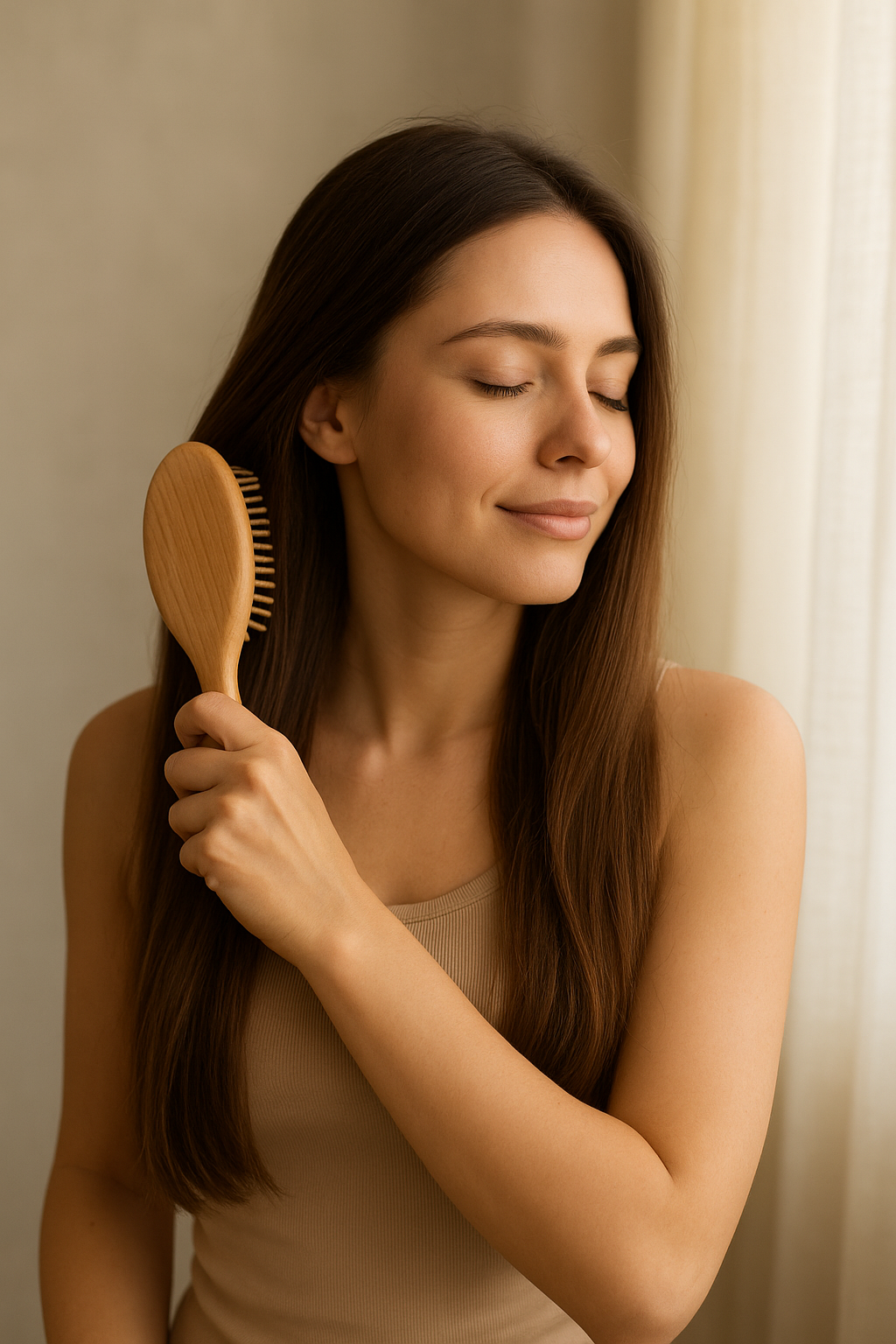
Gentle Care for Stressed Hair
Your scalp’s barrier breaks down under stress, leaving it more open to dryness, buildup, and harsh products. If not properly cared for, this can lead to breakage, flakiness, and irritation. To protect your hair and scalp, focus on gentle, restorative care that maintains natural oils and moisture balance.
- Use sulfate-free shampoos: To keep your scalp balanced, start with mild cleansers that eliminate dirt without removing natural oils.
- Limit heat styling: To avoid breakage and dryness, use fewer straighteners and blow dryers.
- Avoid tight hairstyles: Opt for looser styles to ease tension on your roots and reduce shedding.
- Scrub your scalp once a week: Exfoliating promotes better growth by removing buildup and improving circulation.
Nutrition’s Impact on Stress-Related Hair Loss
Stress can cause your body to lose nutrients, including iron, zinc, and B vitamins, all of which are critical for healthy hair. Without them, the natural balance of the scalp is upset and follicles weaken.
Concentrate on these nutrients to fortify hair from the inside out:
🩵 Tip: If you want to learn more about how nutrition supports hair health, check out our Best Vitamins for Hair Growth blog.
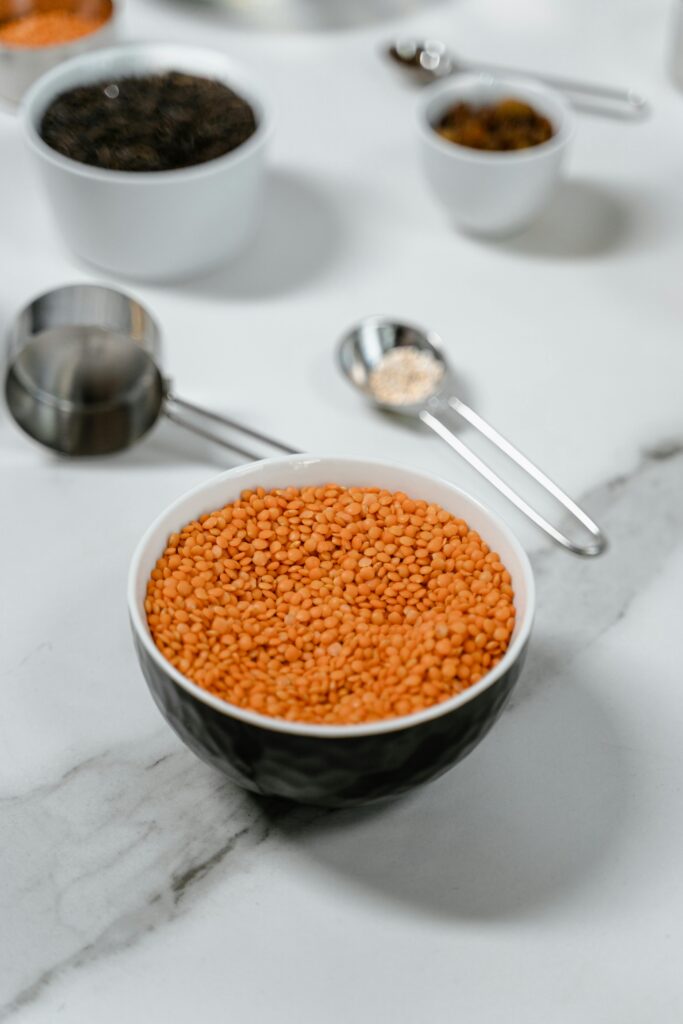
Iron
improves oxygen flow to the scalp (found in lentils, spinach, and red meat).
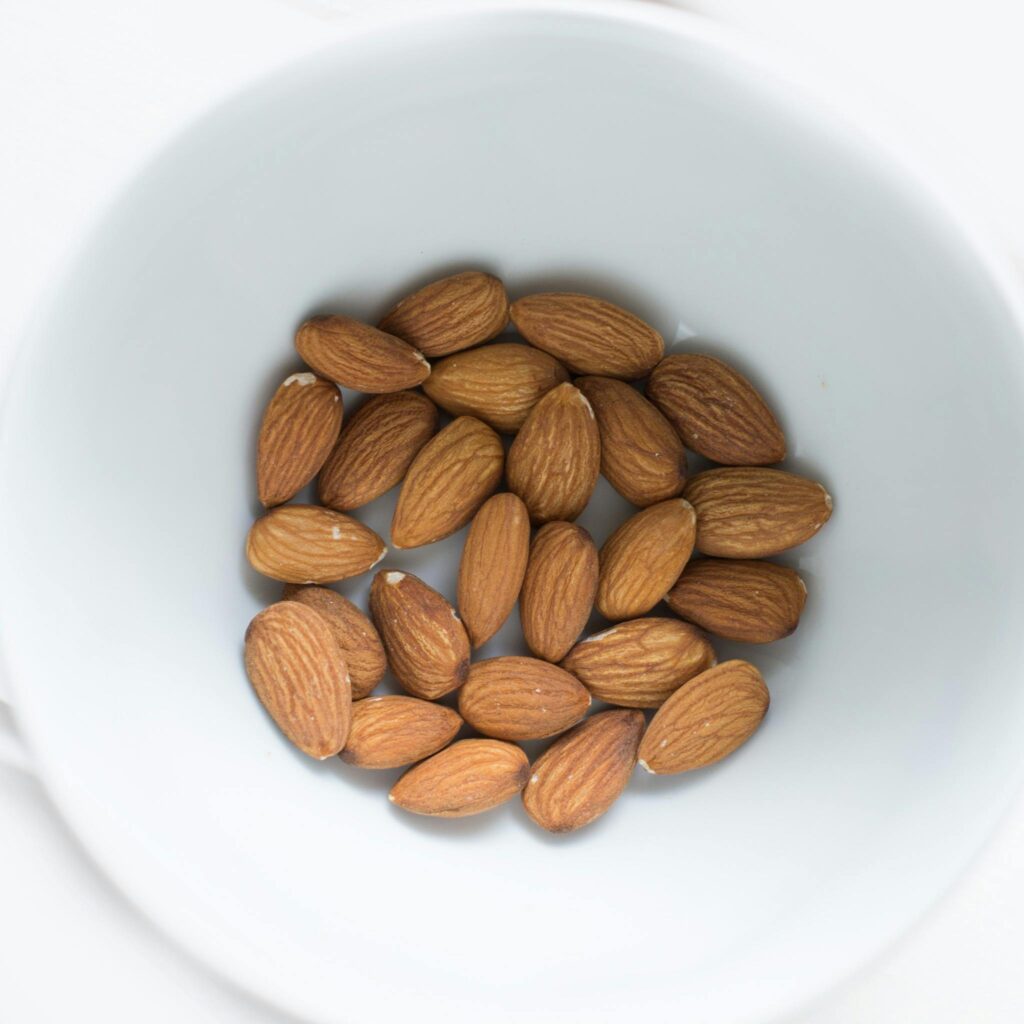
Biotin
supports keratin production for stronger strands (found in eggs, almonds, and sweet potatoes).
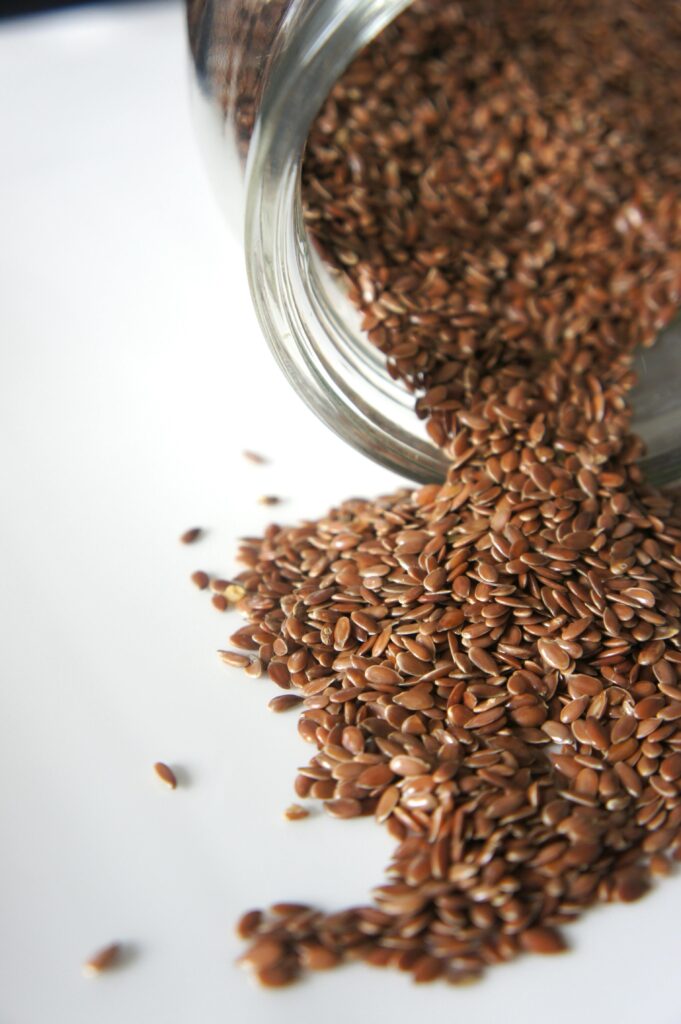
Vitamin E
protects follicles from oxidative stress (found in avocados and sunflower seeds).
Relax, Recharge, and Regrow
After stress levels have stabilized, regrowth typically takes three to six months. The most important thing is to maintain consistency in your care and attitude. Your body and hair can heal together if you combine self-care techniques with scalp care.
According to a 2023 National Library of Medicine study, those who are suffering from stress-induced hair loss may find that practicing mindfulness and relaxation practices might help control hormone levels and increase hair density.
Simple practices like journaling, gentle yoga, or spending time outside can have a positive impact on your scalp environment as well as your mental health. Recall that your hair will follow when your body feels secure and in balance.

Nurture Your Scalp, Calm Your Mind
Stress-related hair loss can be stopped, but it takes time, effort, and perseverance. You can help your hair heal and grow stronger by taking care of your scalp, eating healthily, and controlling your stress levels.
✨ Take the next step: explore more scalp care tips and holistic routines on HerHairRevival. Your hair deserves the love. Start today!


